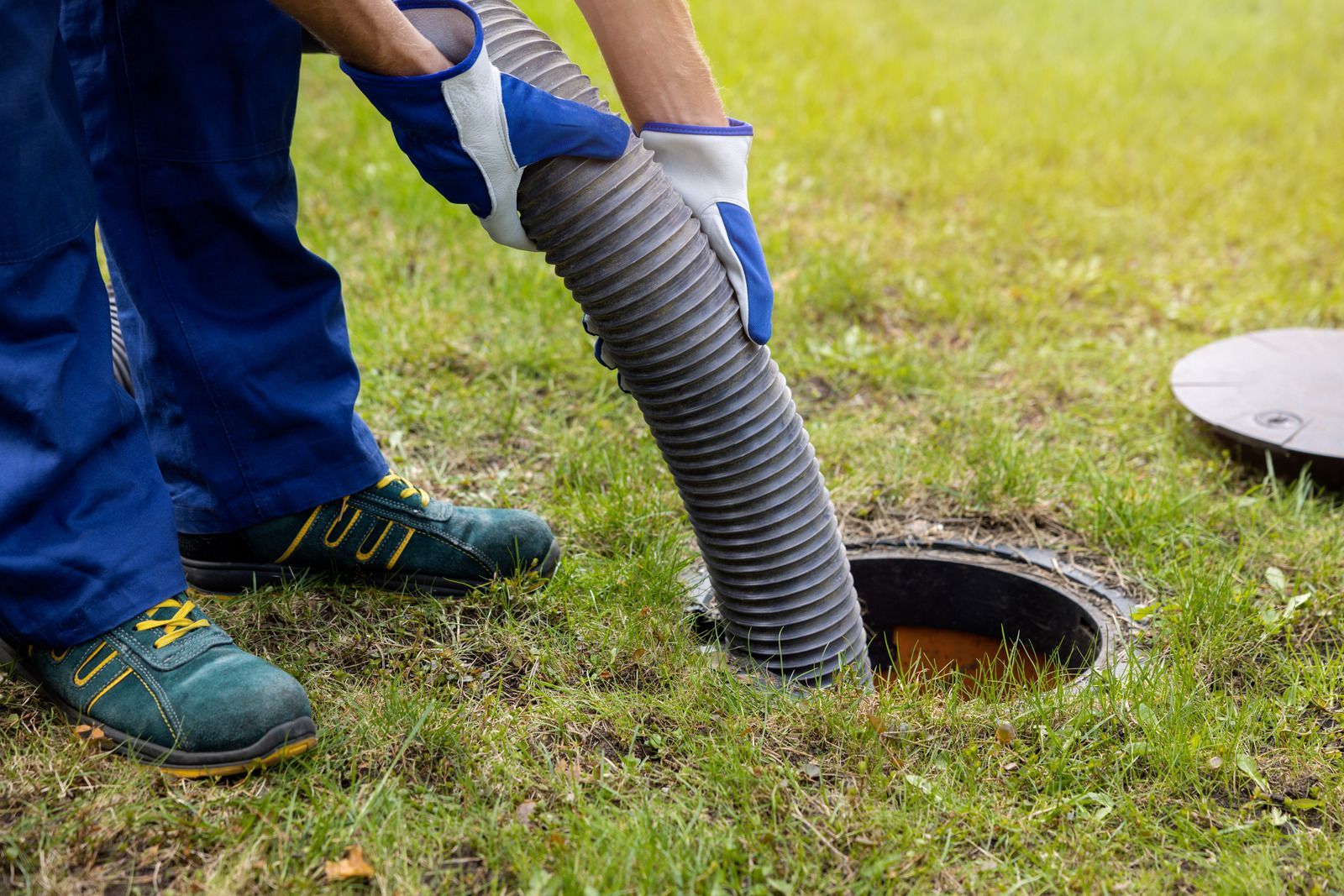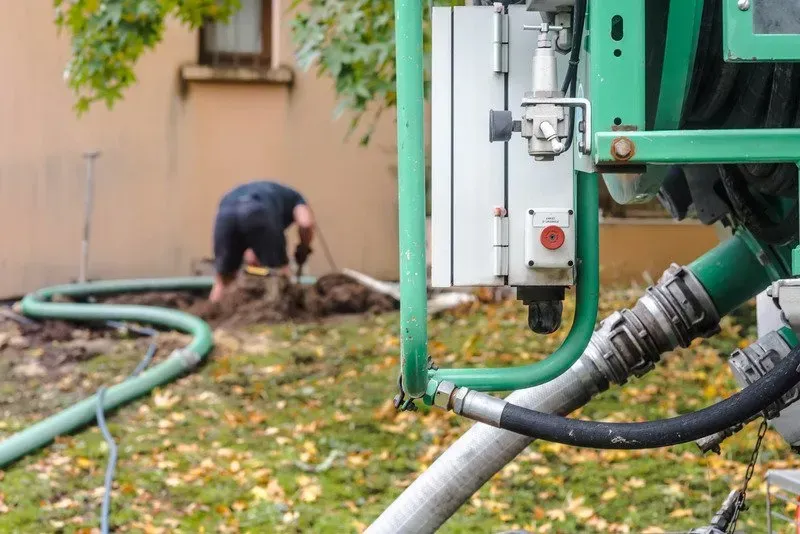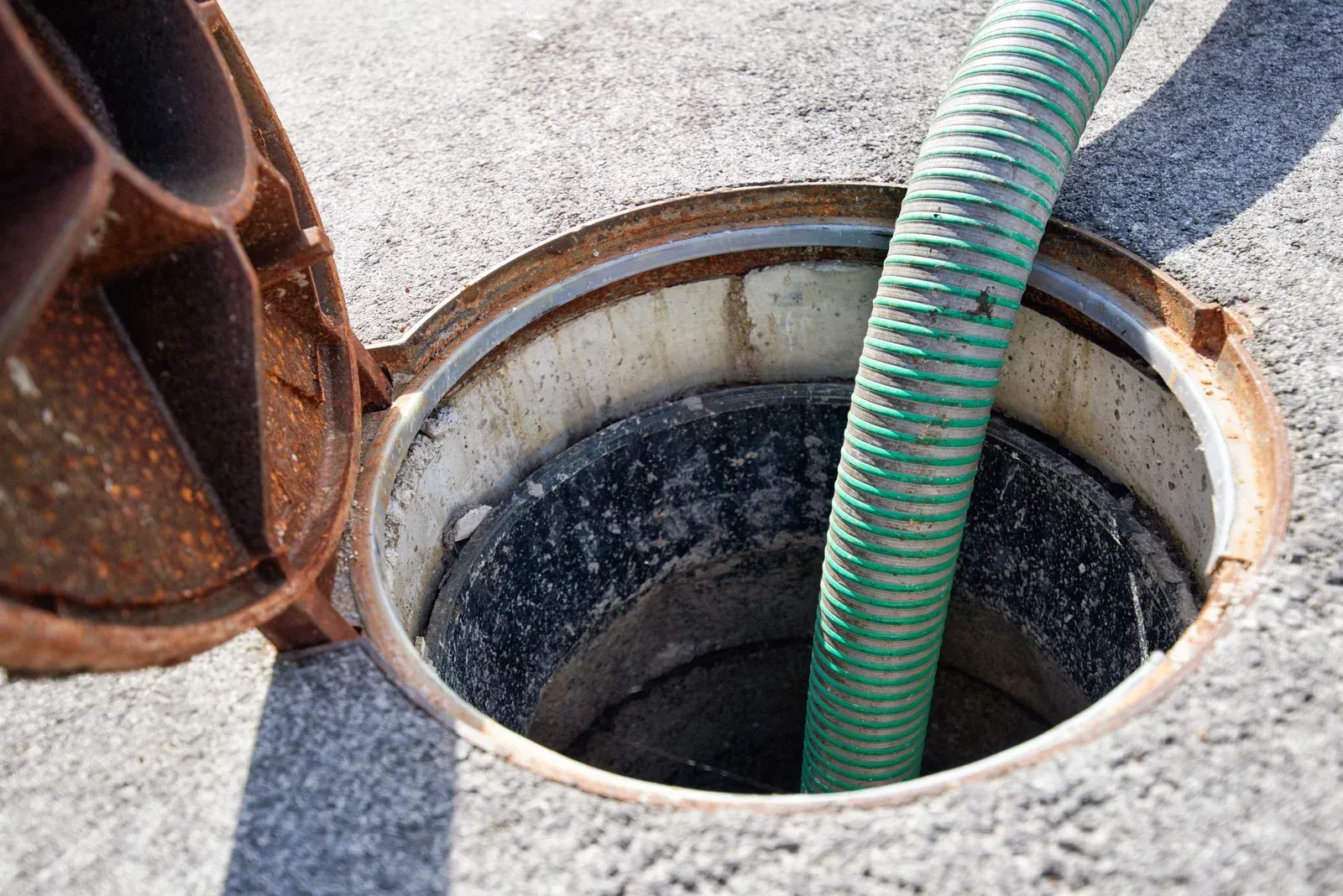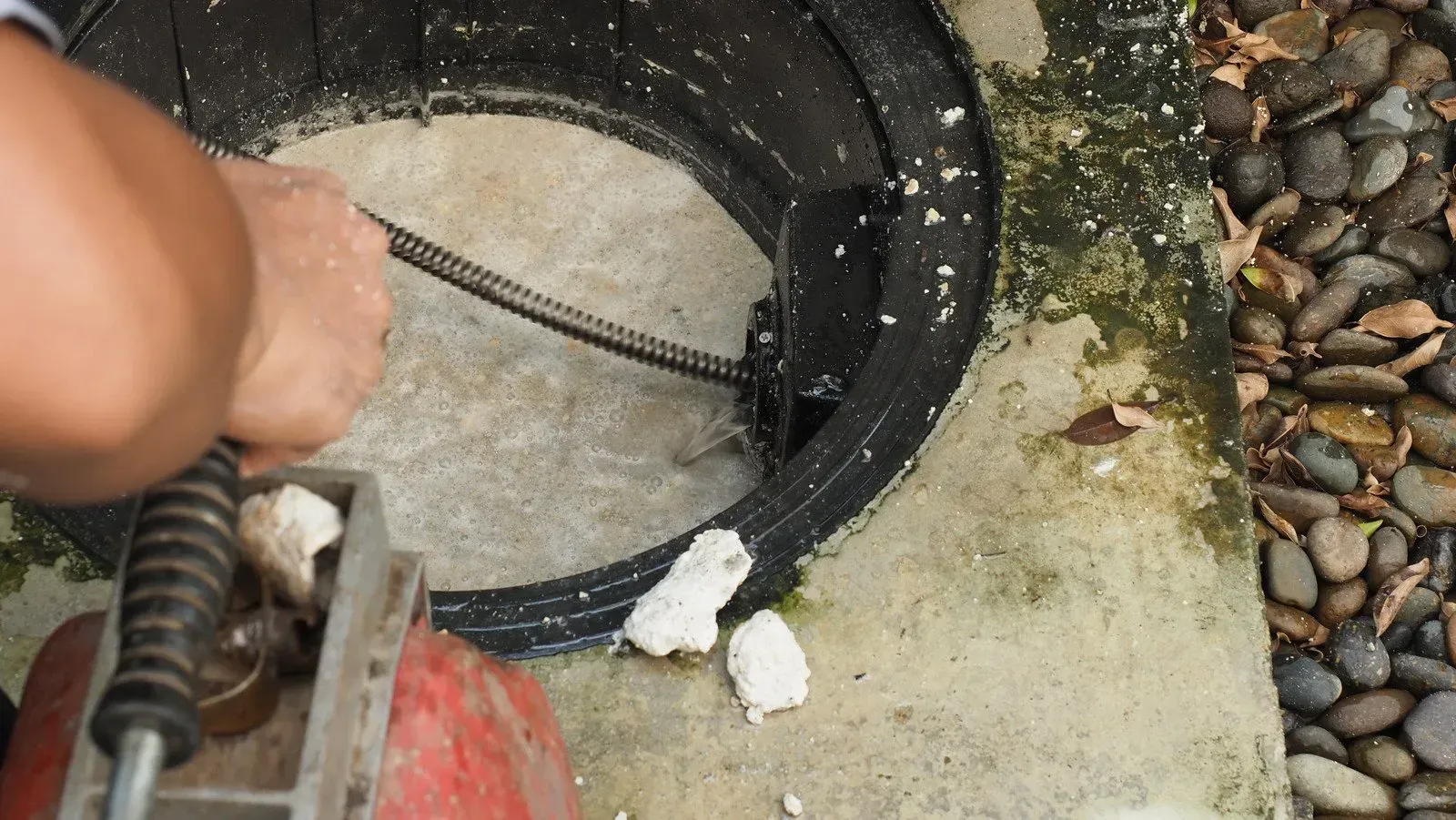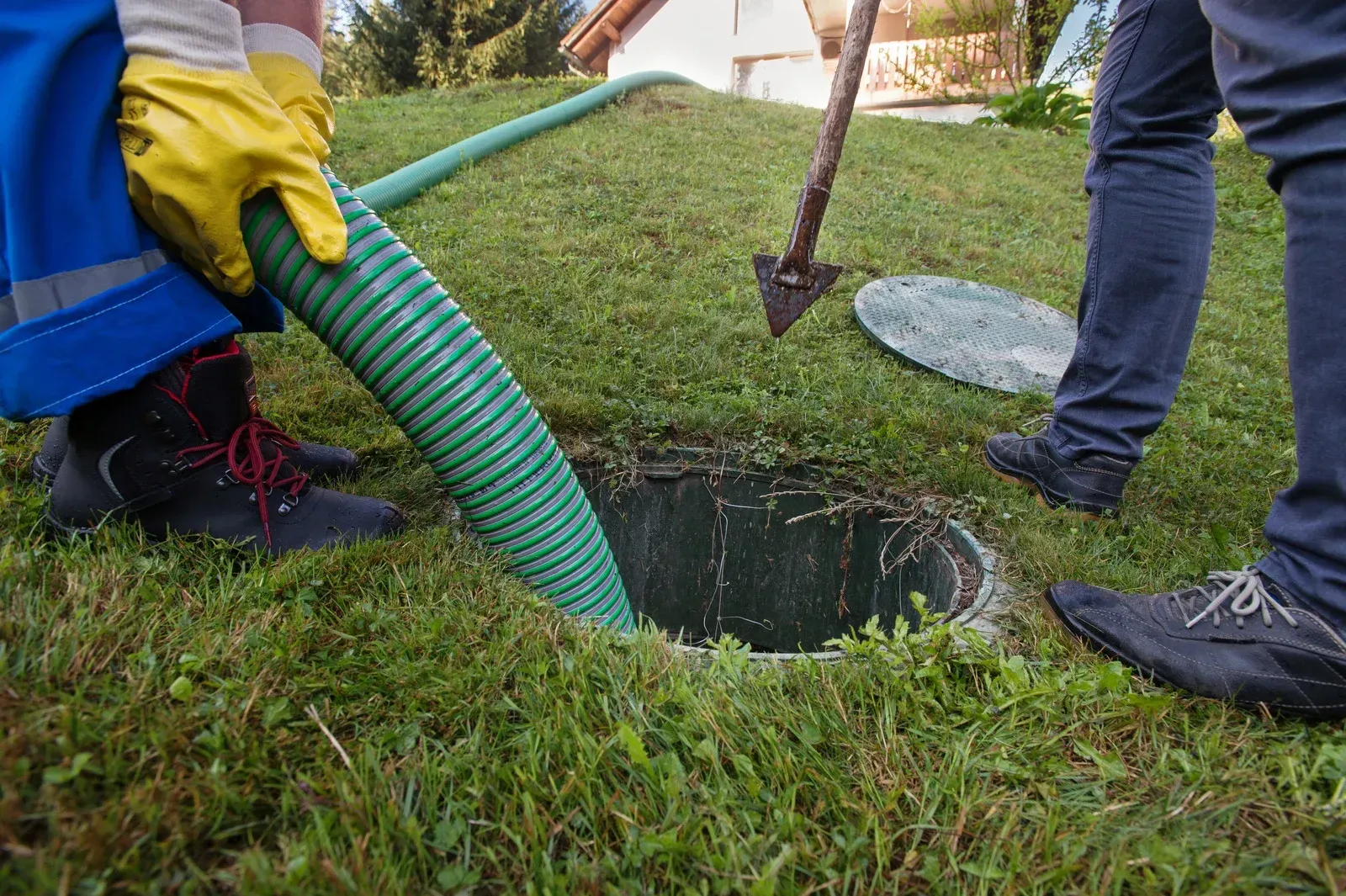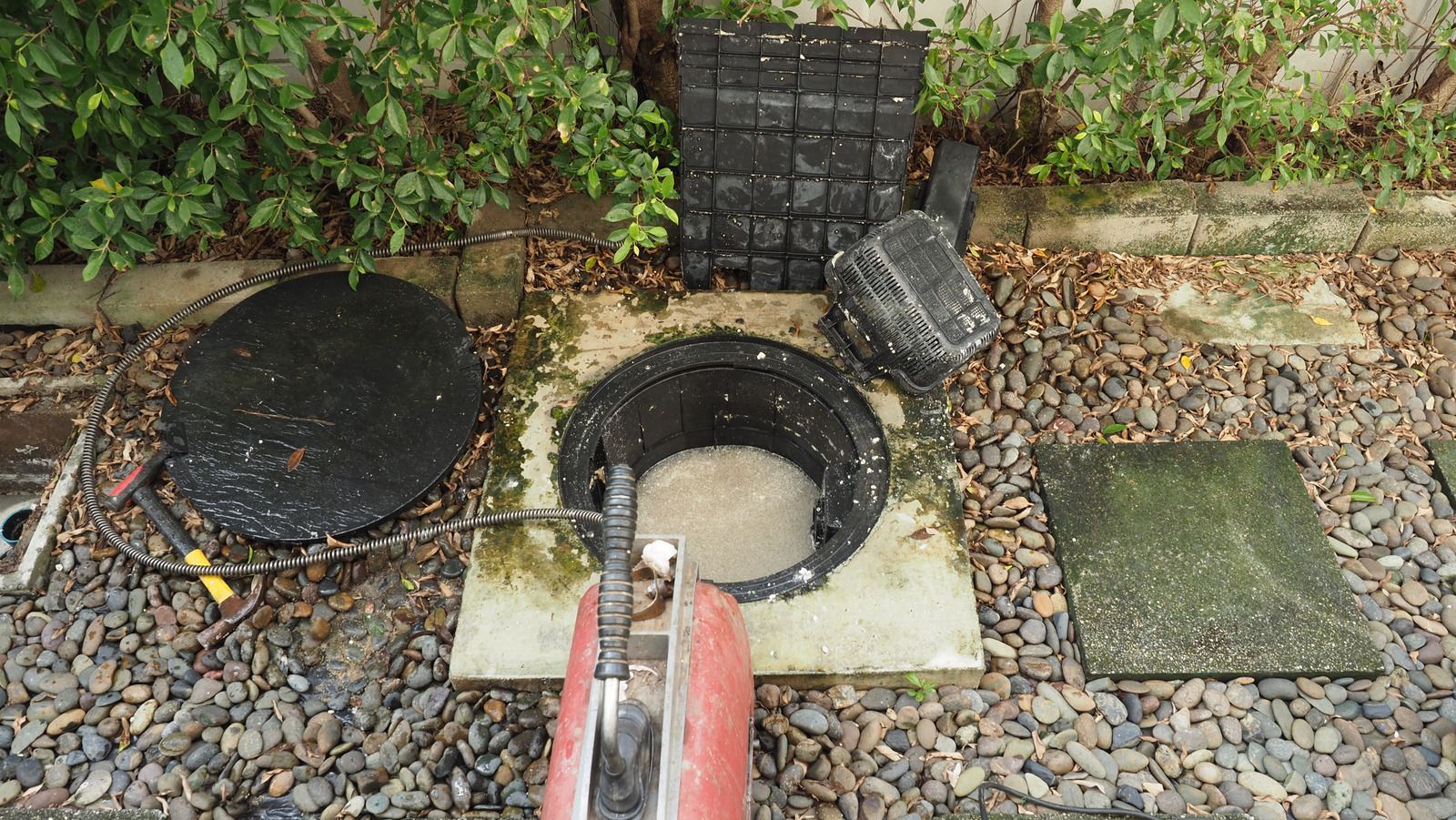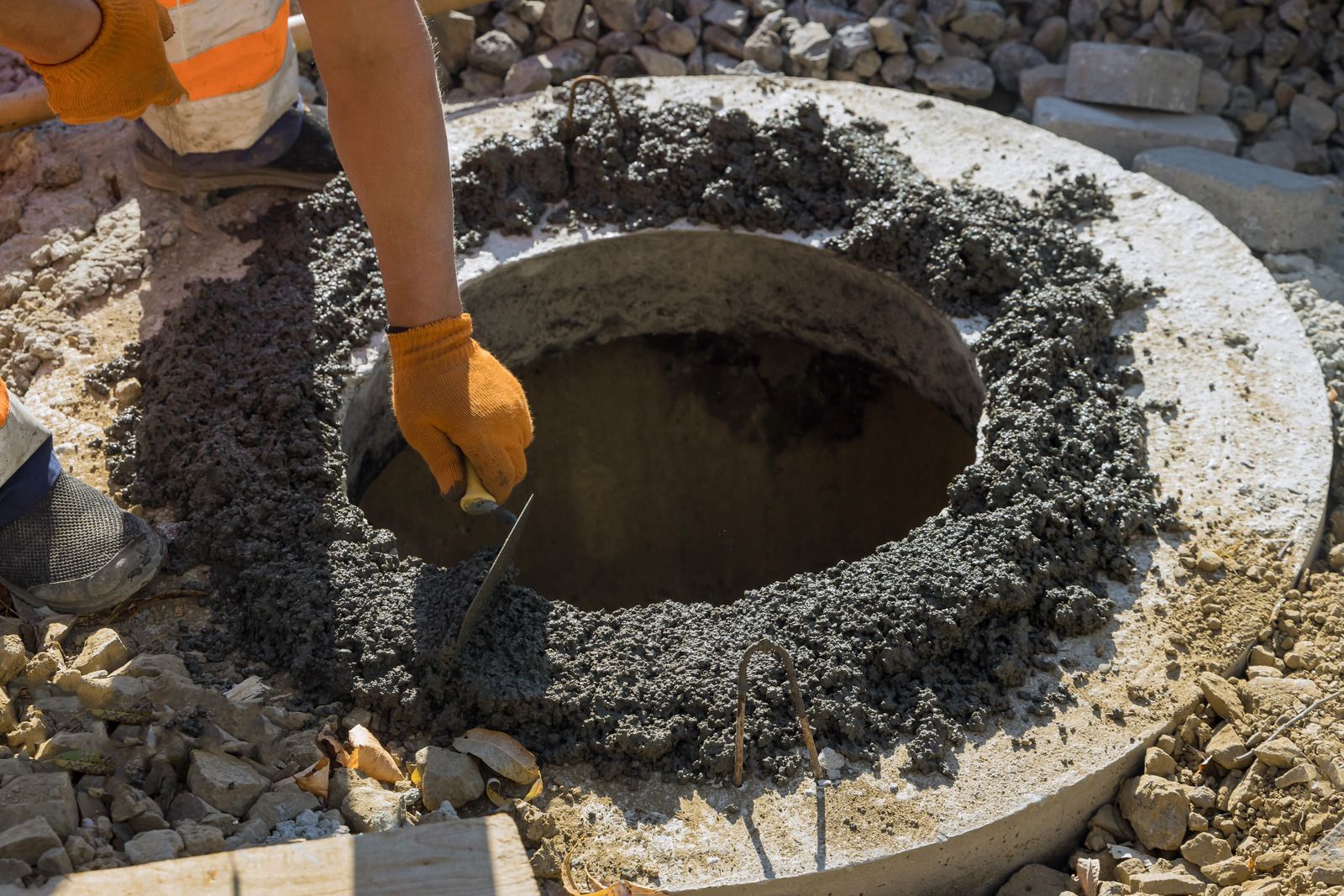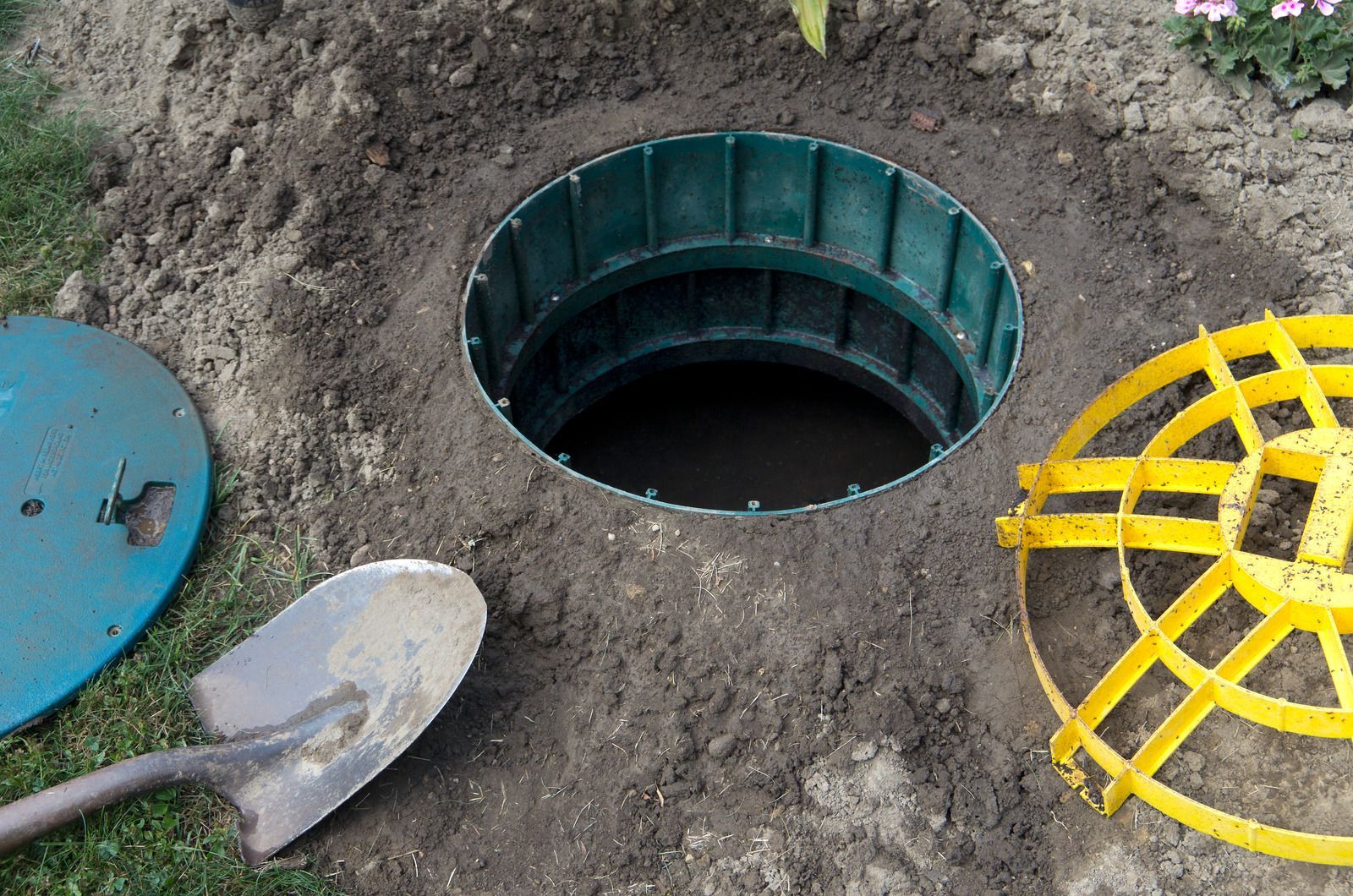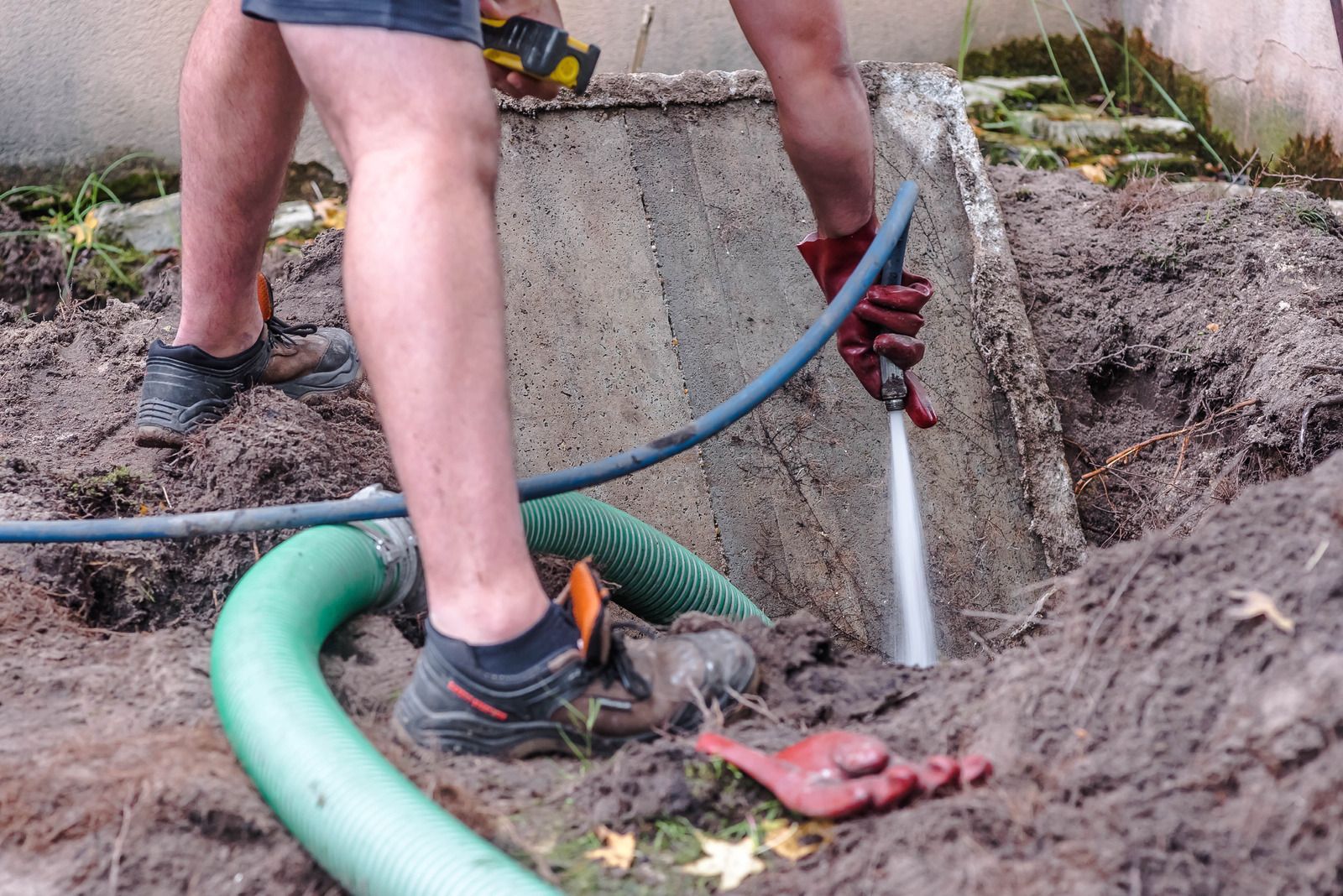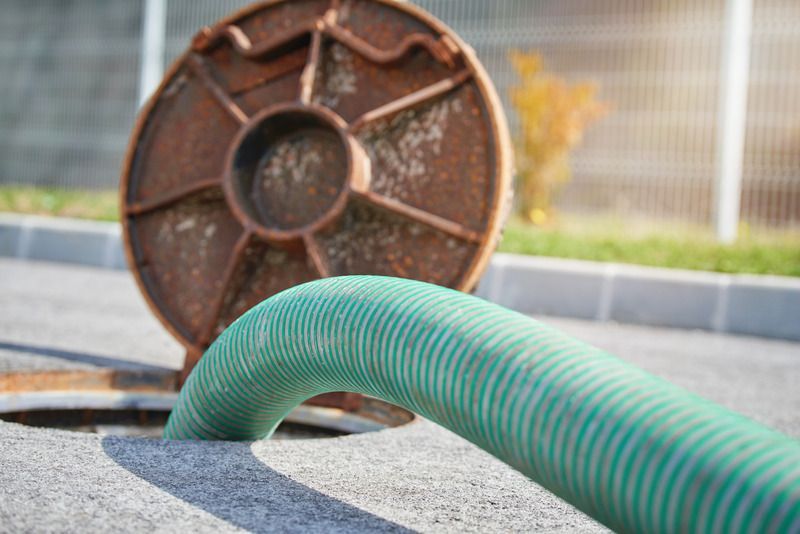The Down and Dirty of Grease Trap Pumping: Why It Matters for Your Establishment
If you're running a restaurant or any place with a kitchen, there's something you need to know about that's not on the menu but is essential: grease trap pumping. It might not sound like the most glamorous task, but it's crucial to keep your kitchen running smoothly and stay on the right side of health regulations.
What's a Grease Trap?
A grease trap is like a special box between your kitchen sinks and the sewer system. Its job is to catch all the fats, oils, and grease (let's call them FOG) that go down the drain when washing dishes or dumping out the water you used to cook pasta. Without a grease trap, all that FOG would end up in the sewer, which is bad news for everyone.
Why Pumping It Out Matters
The question remains: why do you need to pump out this grease trap? Over time, the FOG builds up in the trap and can start causing problems. Here are a few reasons why keeping that grease trap clean is a must:
- Avoiding Blockages: If too much grease accumulates, it can block your pipes, leading to backups and overflows. Accumulation isn't just messy; it can shut down your kitchen faster than a bad review.
- Staying Within Legal Guidelines: Most places have strict rules about grease traps and how often they need to be cleaned. Not following these rules can lead to fines or even getting your business shut down temporarily.
- Keeping Smells Away: Old, built-up grease doesn't smell good. You know what we're discussing if you've ever walked past a dumpster on a hot day. Regular pumping keeps odors at bay.
- Preventing Sewer Problems: When FOG gets into the sewer system, it can cause blockages and damage at your business and all over town. It's part of being a good neighbor and avoiding hefty fees from the city.
How Often Should You Pump?
The short answer is that it depends on your business. A small café that only serves sandwiches might not need to pump its grease trap as often as a big steakhouse. Generally, you should have it pumped every 1 to 3 months, but your local regulations might require a different schedule. It's always good to check with the pros and see what they recommend for your specific situation.
What Happens During Pumping?
When it's time to pump out your grease trap, a professional service will have a big truck equipped to handle the job. It will open up the trap, remove all the FOG and other stuff collected there, and clean it before sealing it back up. Disposal will also be taken care of.
Can You Do It Yourself?
It is not recommended. Pumping out a grease trap is messy and smelly and needs to be done just right to avoid problems. You need a place to dispose of the grease and can't just throw it in the trash. Professionals save you hassles and ensure the job is done correctly and legally.
Grease trap pumping might not be the most exciting part of running a kitchen, but it's one of the most important. Keeping that trap clean helps avoid nasty surprises, keeps your kitchen running smoothly, and ensures you do your part for the community and the environment. So, don't wait until you have a problem. Stay on top of your grease trap maintenance and keep your kitchen in tip-top shape.
